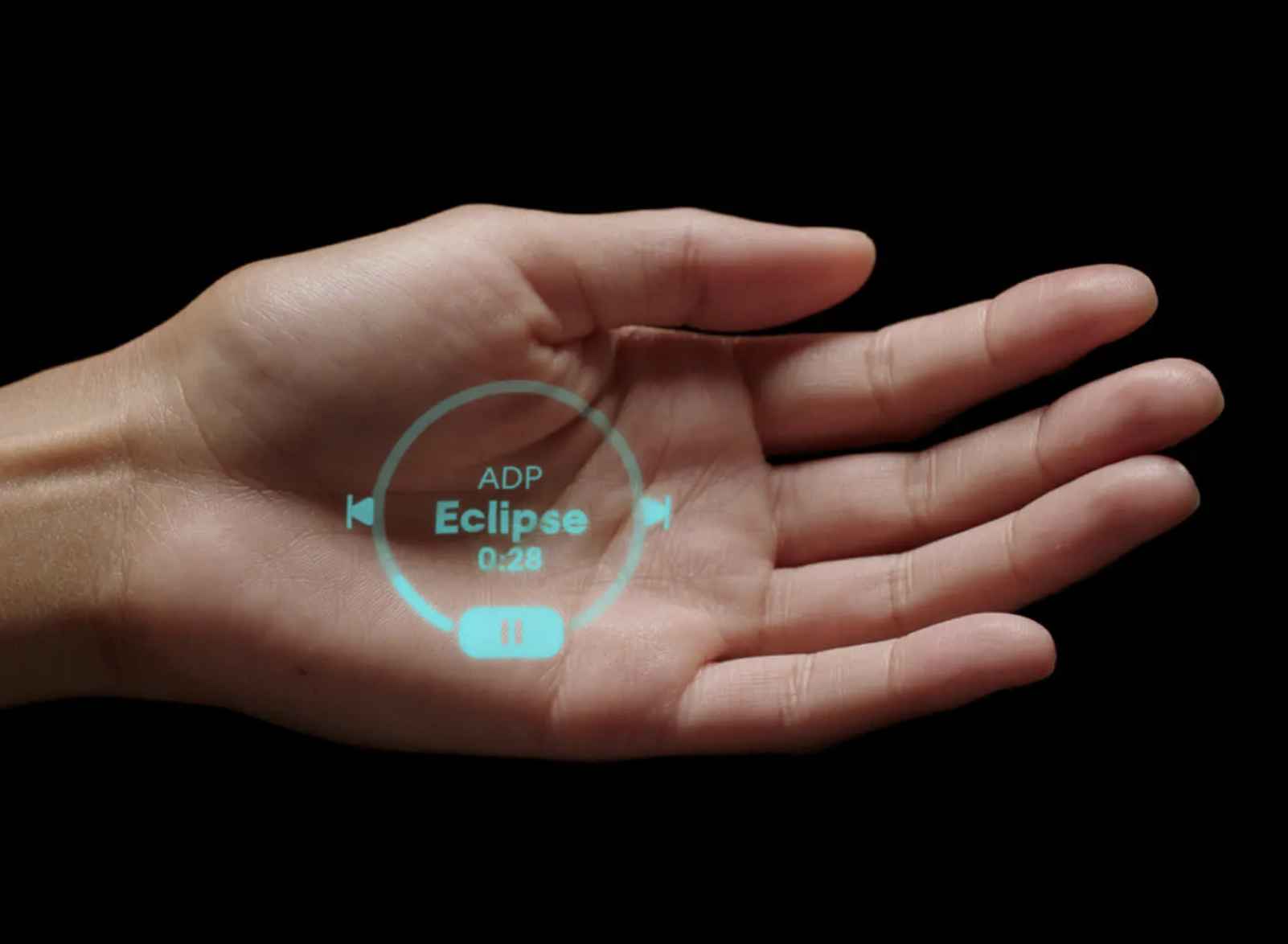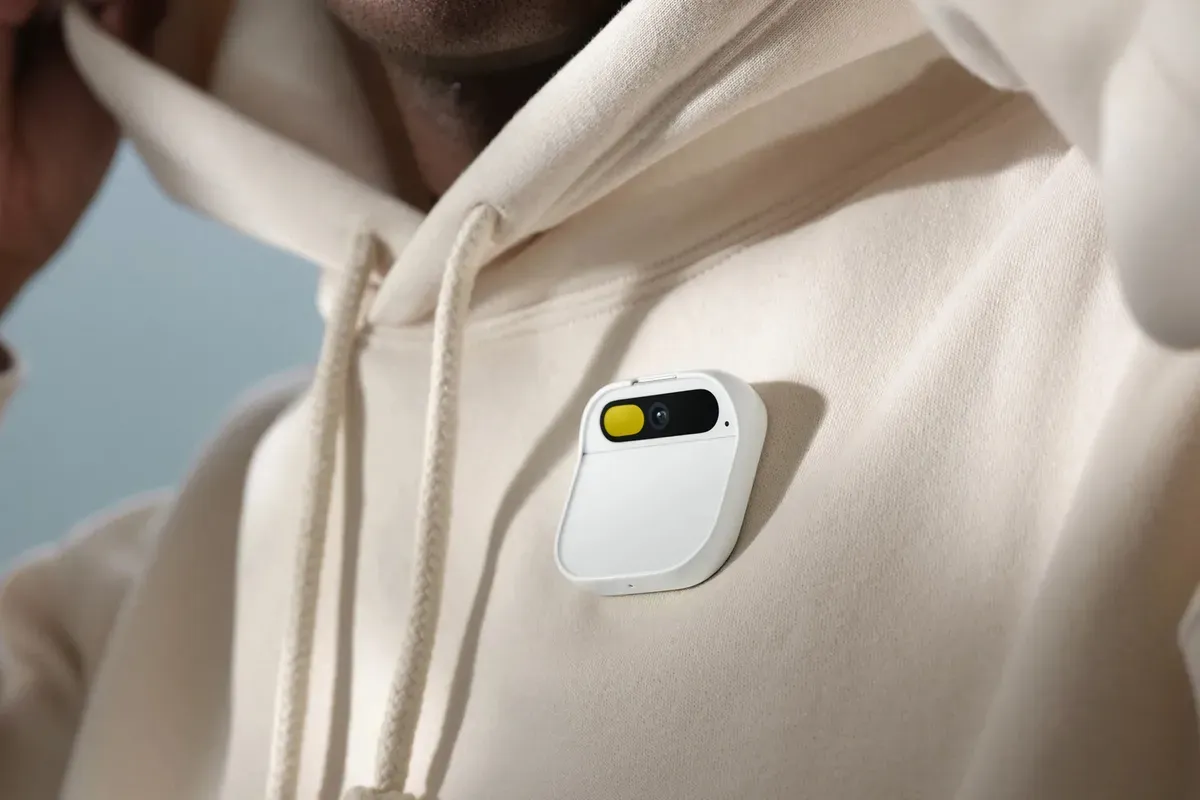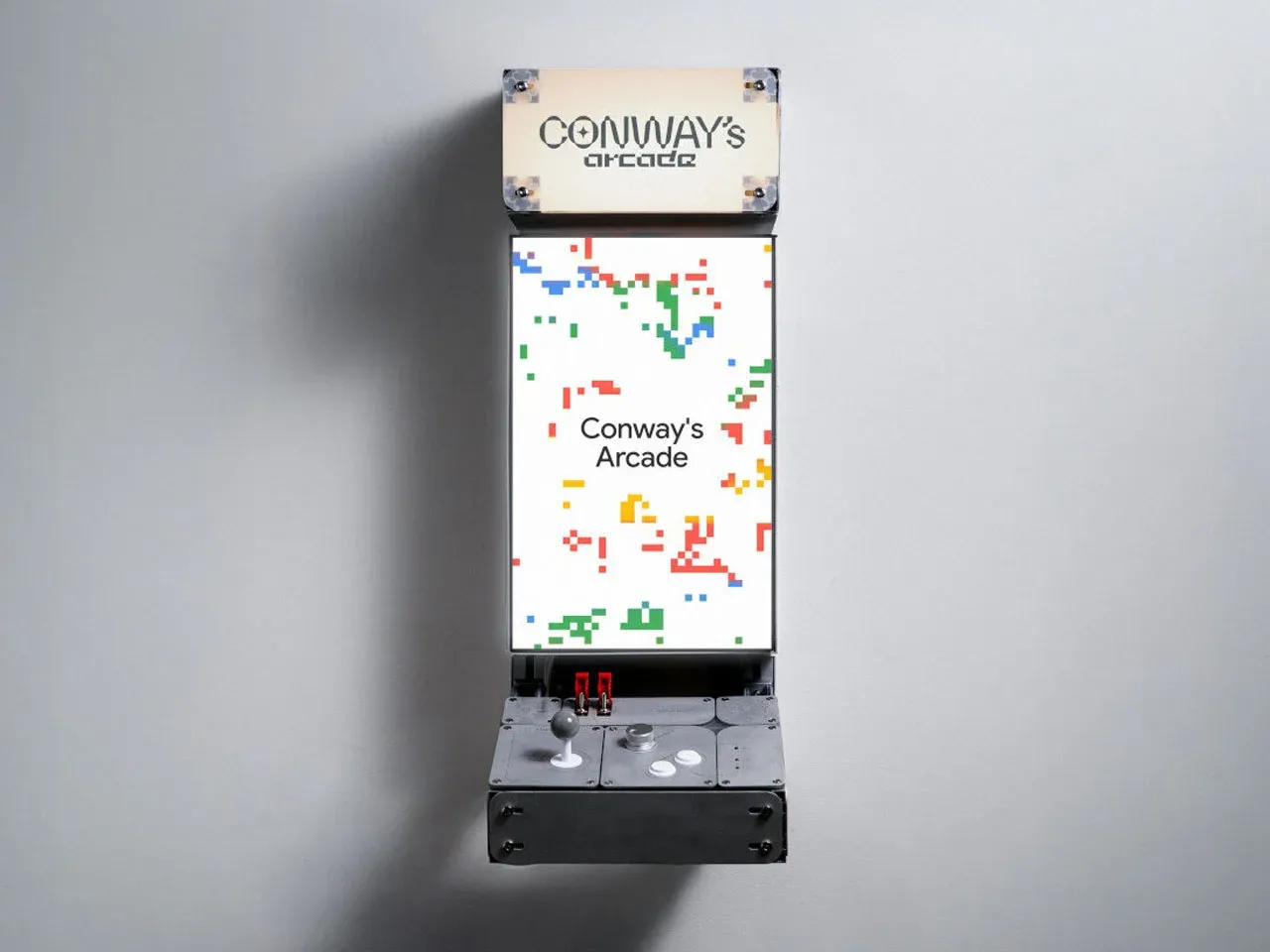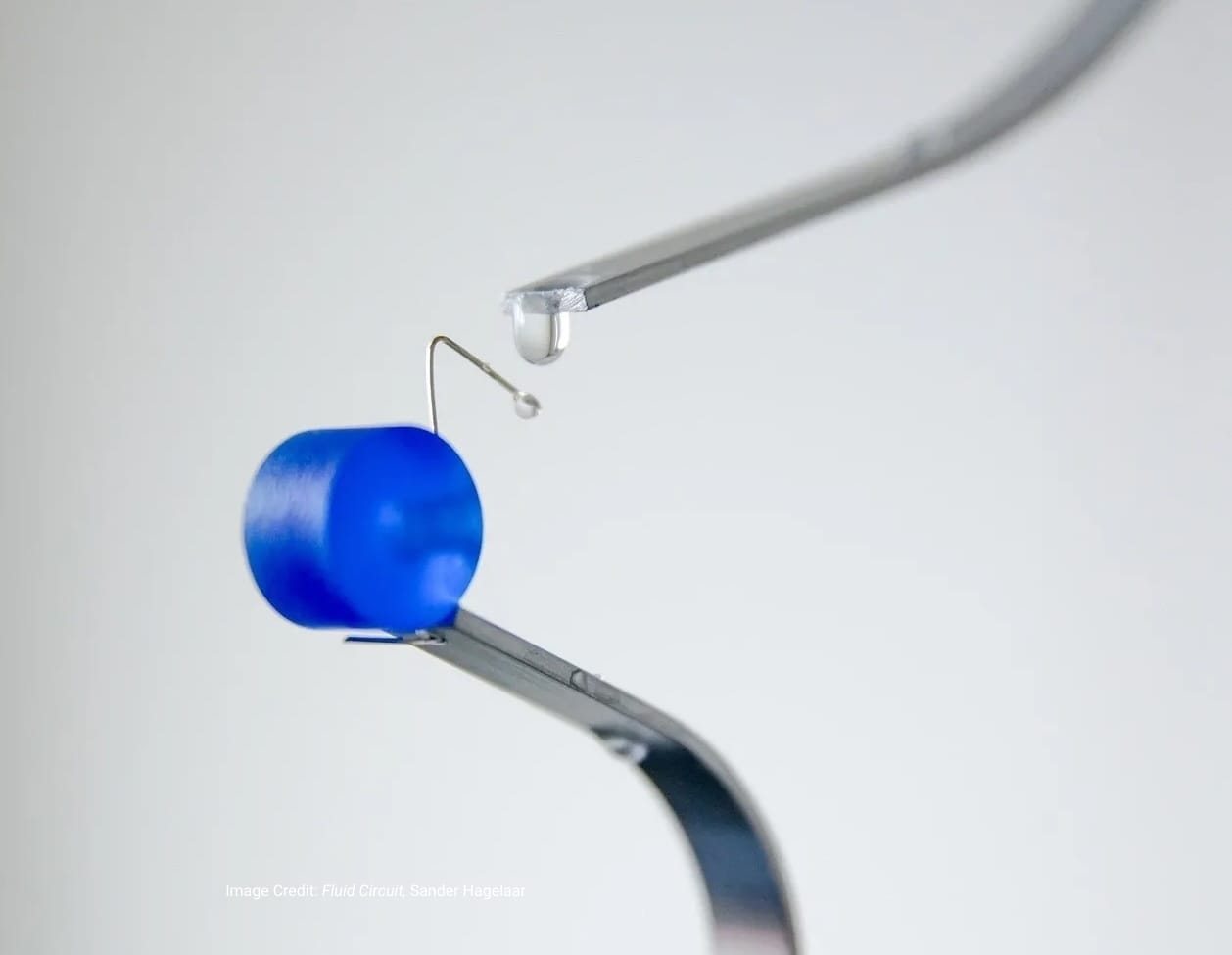The evolution of personal, portable computing has been nothing short of remarkable. From the early mobile phones, pagers, laptops, and tablets of the 1980s and 1990s to smartphones, smartwatches, and wearable fitness trackers, personal computing devices have become increasingly convenient, portable, and integrated into our daily lives. As computational processes and capabilities continue to advance, our behaviors, systems of communication, and day-to-day interactions have evolved in step.
Humane, a consumer hardware, software, and services company founded by two former Apple executives, has recently unveiled its inaugural product, the AI Pin. Designed as a personal AI assistant, this screen-free wearable is lightweight and attaches magnetically to clothing for user convenience. The launch took place in November, drawing considerable attention from the tech community.

Powered by a Snapdragon processor, the AI Pin utilizes a combination of proprietary software and OpenAI's ChatGPT to process commands received through auditory and visual input sensors seamlessly. The device offers voice-activated controls, enabling users to send text messages and make phone calls, while its 13-megapixel camera possesses the capability to identify food items and estimate their calorie count. Plans for video capabilities are on the horizon, with an anticipated release through a future software update. Despite its innovative features, the AI Pin comes with a price tag that may be considered less accessible—$699.00, along with a $24 monthly fee for a Humane subscription, offering a phone number and data coverage through T-Mobile’s network.
Personal computing is an integral and omnipresent aspect of our daily lives, with handheld smartphones as a universally embraced tool. However, the introduction of the Humane AI Pin is undoubtedly the first of many such wearable devices. This raises the question: will consumers seamlessly incorporate both wearable AI devices and smartphones into their everyday routines? Or will smartphones be gone by way of the Dodo, replaced entirely by wearable AI assistants, such as the Humane AI Pin? Are we on the verge of witnessing a shift in personal computing, moving toward new forms of communication and interaction?









